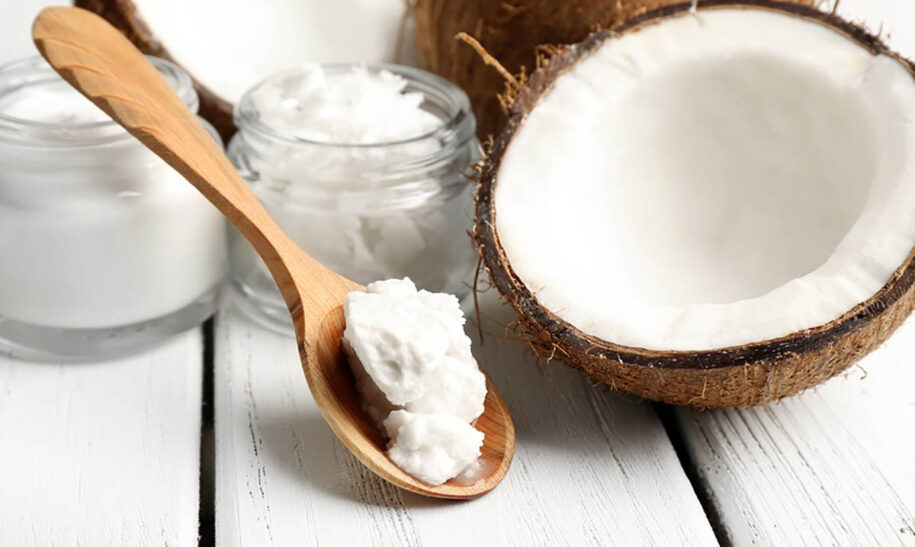Studies Suggest Coconut Oil Can Alleviate Symptoms of Crohn’s Disease
The National Institute of Diabetes and Digestive and Kidney Diseases (NIDDK) reveals that Crohn’s Disease affects half a million Americans. Symptoms of the disease most often surface among adults in their 20s, although it can occur at nearly any age.
Despite a considerable amount of research, experts are unable to pin point an exact cause however as they continue their quest they are getting closer to discovering this valuable information.

Symptoms of Crohn’s Disease include:
- Abdominal pain
- Anemia
- Blood or mucus in your bowel movements
- Cramping
- Diarrhea
- Fatigue
- Fever or high temperature
- Intestinal swelling
- Mouth ulcers
- Nausea
- Painful, swollen joints
- Sore, red eyes
- Swollen, painful skin areas of your body
- Unintended weight loss
While there is currently no cure, doctors do rely on a number of medications in order to manage the symptoms, allowing sufferers to live happier, more normal lives. In their efforts to discover a more natural alternative to the accepted medicinal options, researchers at Case Western Reserve University School of Medicine conducted a study investigating the connection between high-fat diets and the inflammation caused by Crohn’s disease.
Study Author Dr. Alexander Rodriguez-Palacios, DVM, DVSc, Ph.D., and his colleagues wrote:
“A high-fat diet may lead to specific changes in gut bacteria that could fight harmful inflammation – a major discovery for patients suffering from Crohn’s disease, research indicates. Crohn’s disease, a type of inflammatory bowel syndrome, causes debilitating intestinal swelling, cramping, and diarrhea.”
The study found that plant-derived ‘good’ fats helped to reduce several different kinds of gut bacteria in mice. Throughout their research, two different groups of mice were assessed – one group that was consuming a diet of ‘good’ fats including coconut oil and cocoa butter, and a group maintaining a ‘normal’ diet. The study states:
“Mice fed beneficial fatty diets had up to [30] percent fewer kinds of gut bacteria as those fed a normal diet, collectively resulting in a very different gut microbial composition… Mice fed even low concentrations of coconut oil or cocoa butter also had less severe small intestine inflammation.”
Even those mice that were fed a lower amount concentration of the ‘good’ fats continued to show positive results, with less inflammation reported in their small intestine. Rodriguez-Palacios advised that:
“The finding is remarkable because it means that a Crohn’s patient could also have a beneficial effect on their gut bacteria and inflammation by only switching the type of fat in their diet. Patients would only need to replace a ‘bad’ fat with a ‘good’ fat, and eat normal amounts.”
The first study to establish the connection between plant-based fats and the changes in gut bacteria associated with Crohn’s Disease, this will open the door for other experts to dig further in their search for a cure to the disease. The information collected raises questions in regards to the use of probiotics in the treatment of inflammatory bowel syndromes.
Rodriguez-Palacios added:
“Ongoing studies are now helping us to understand which component of the ‘good’ and ‘bad’ fats make the difference I the gut microbes and make mice healthier. Ultimately, we aim to identify the ‘good’ fat-loving microbes for testing as probiotics. Not all ‘good’ fats might be good in all patients. Mice indicate that each person could respond differently. But diet is something we are very hopeful could help at least some patients without the side-effects and risks carried by drugs. The trick now is to really discover what makes a fat ‘good’ or ‘bad’ for Crohn’s disease.”


